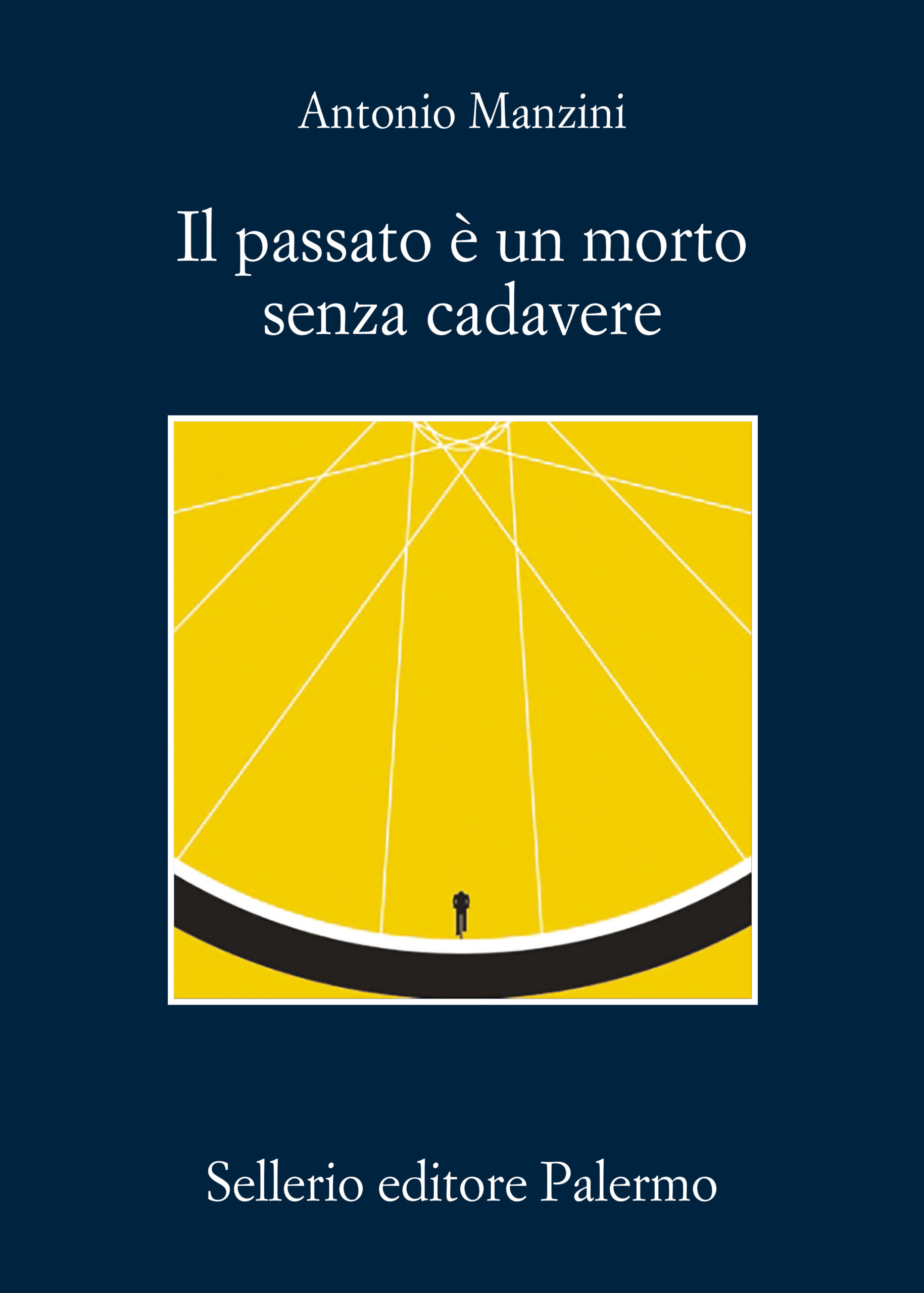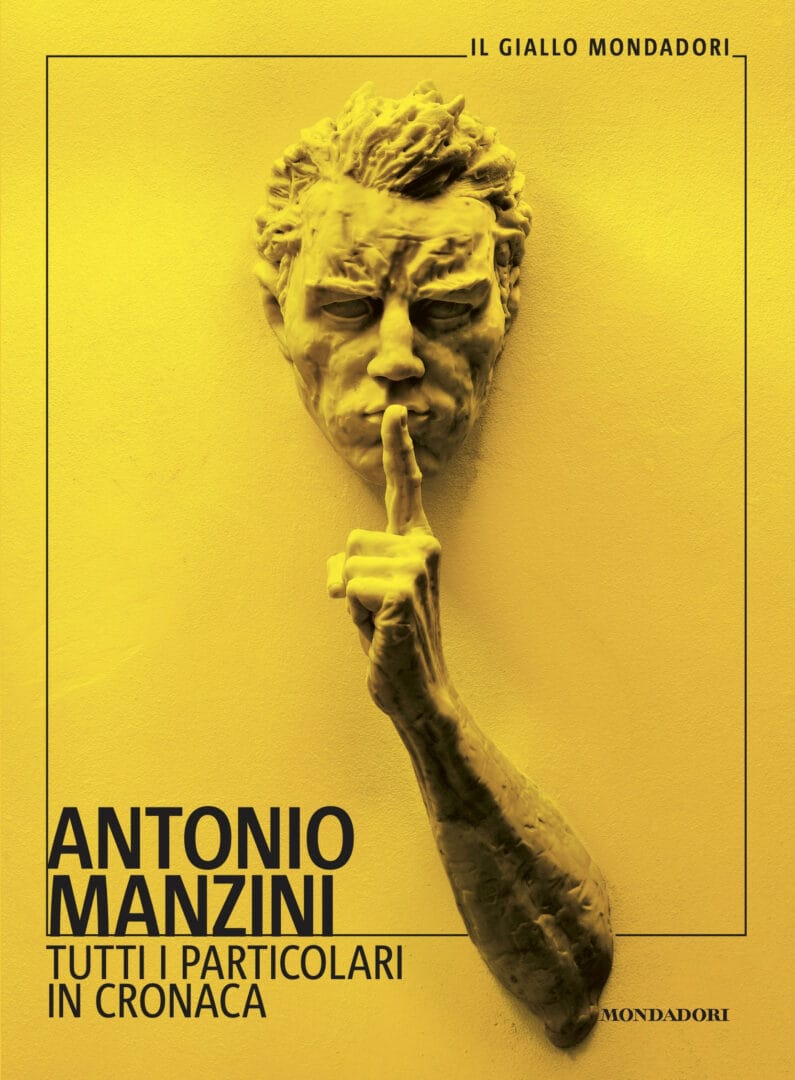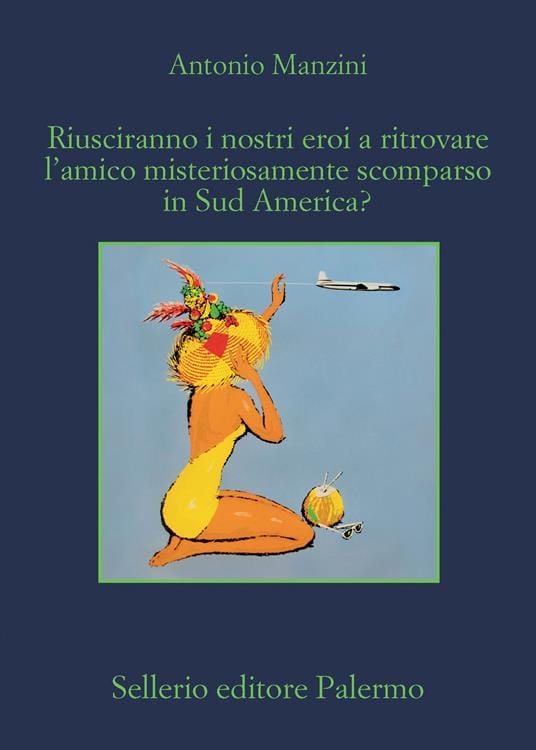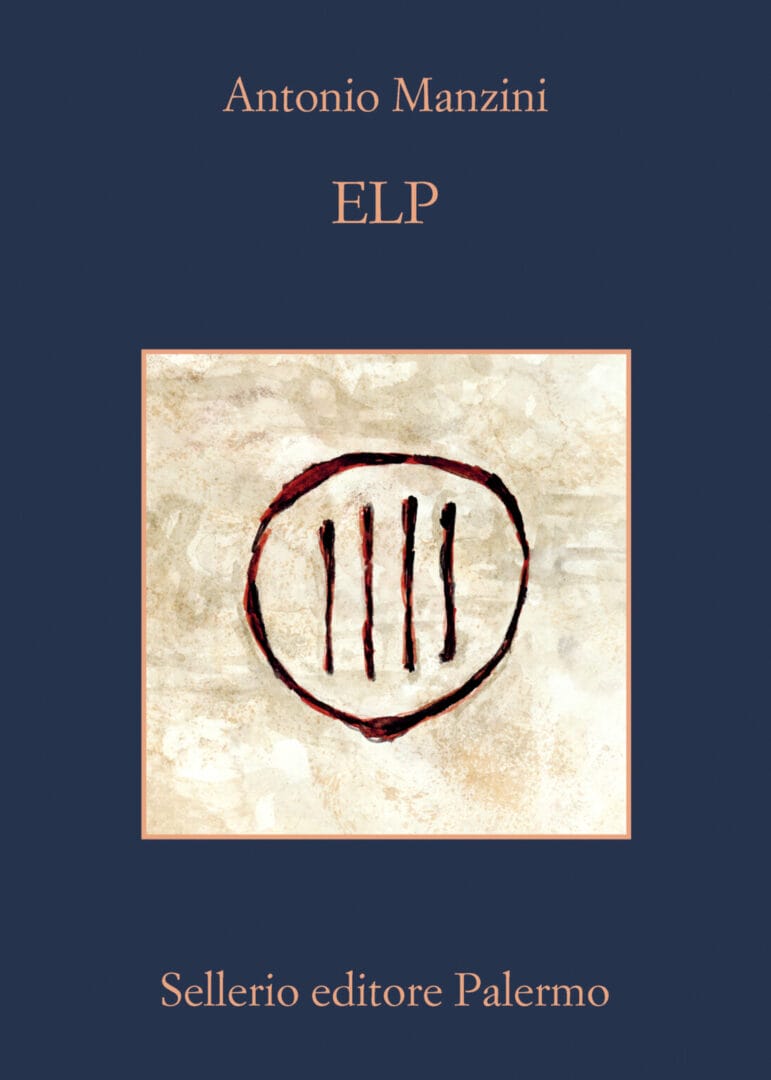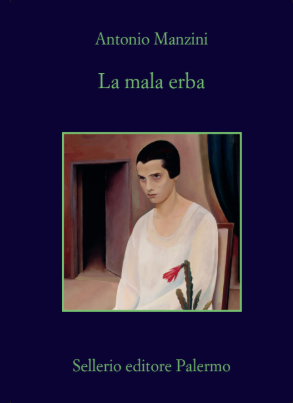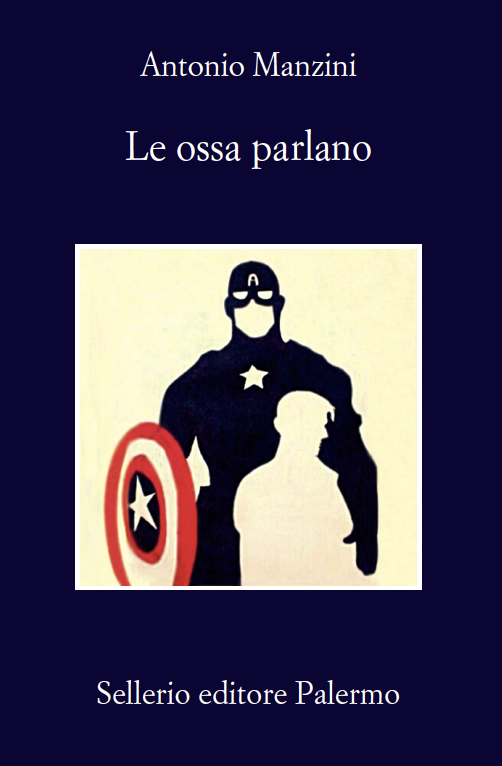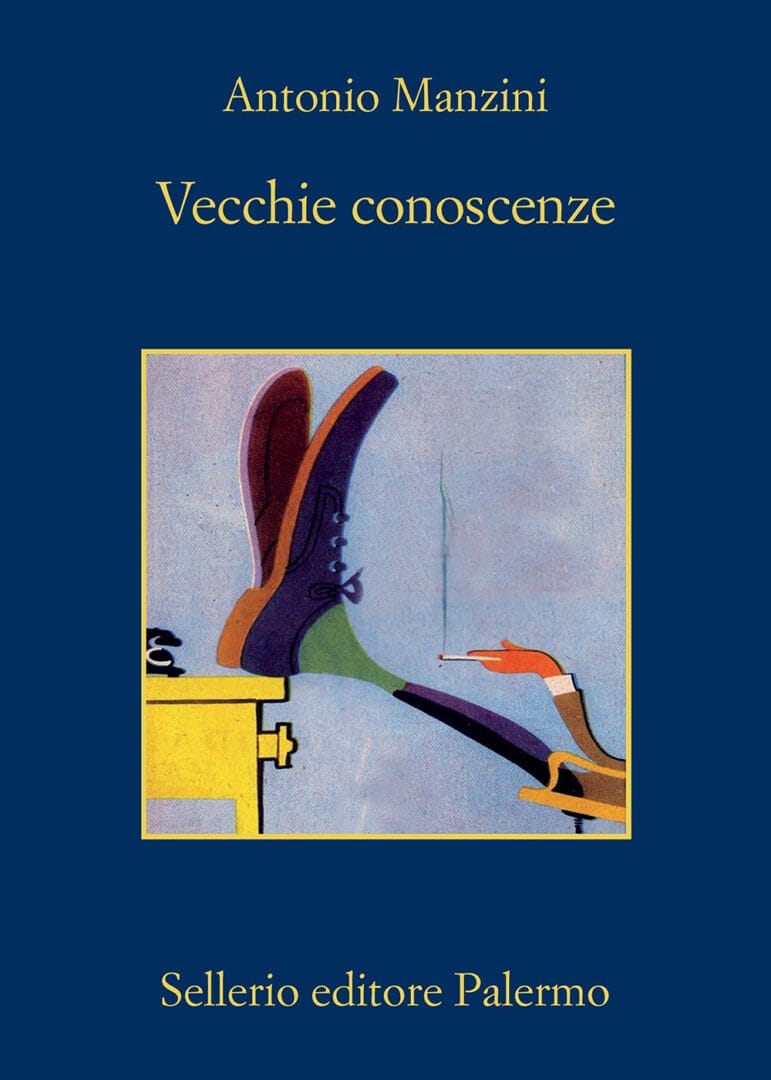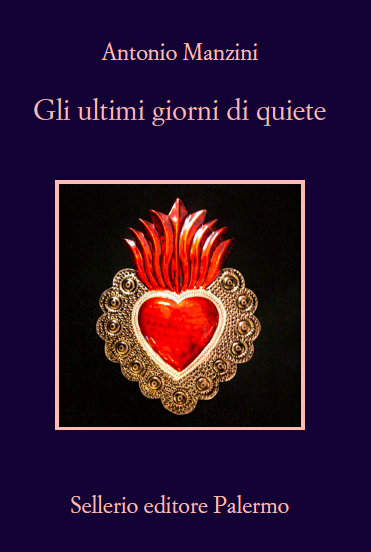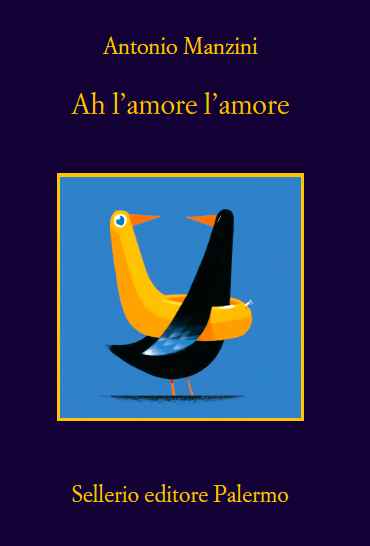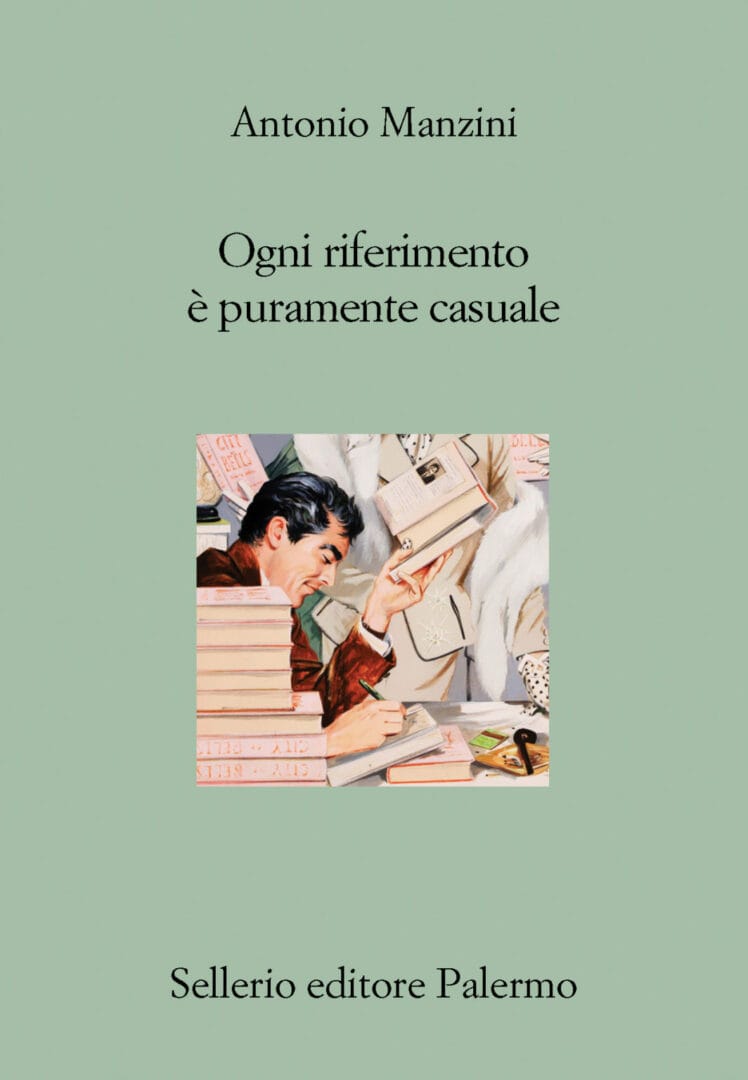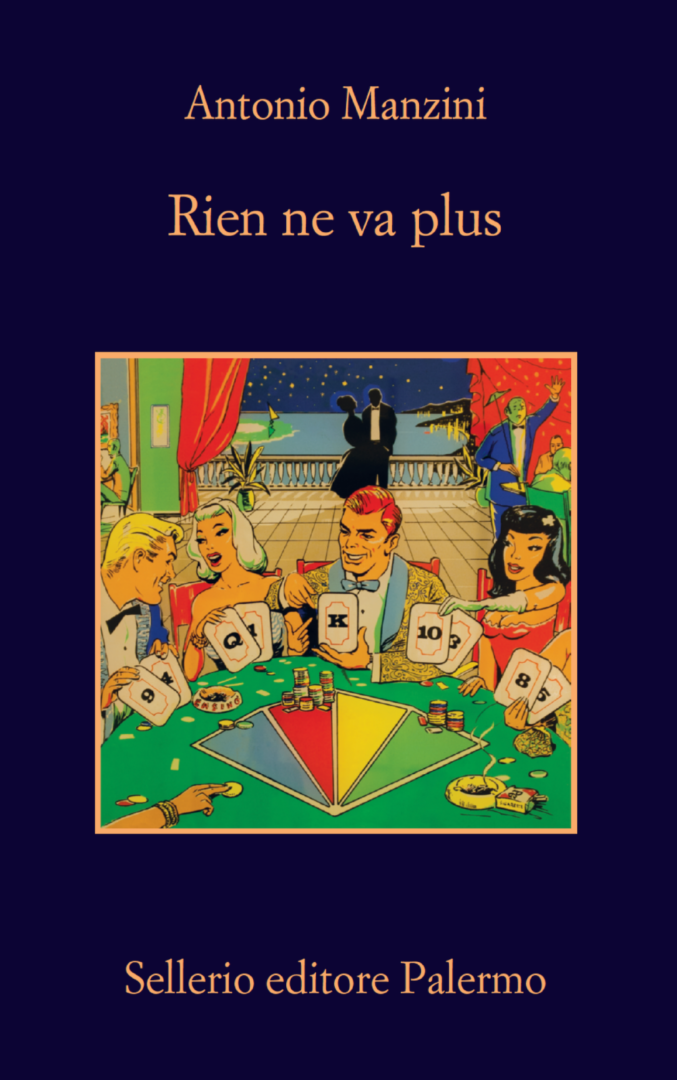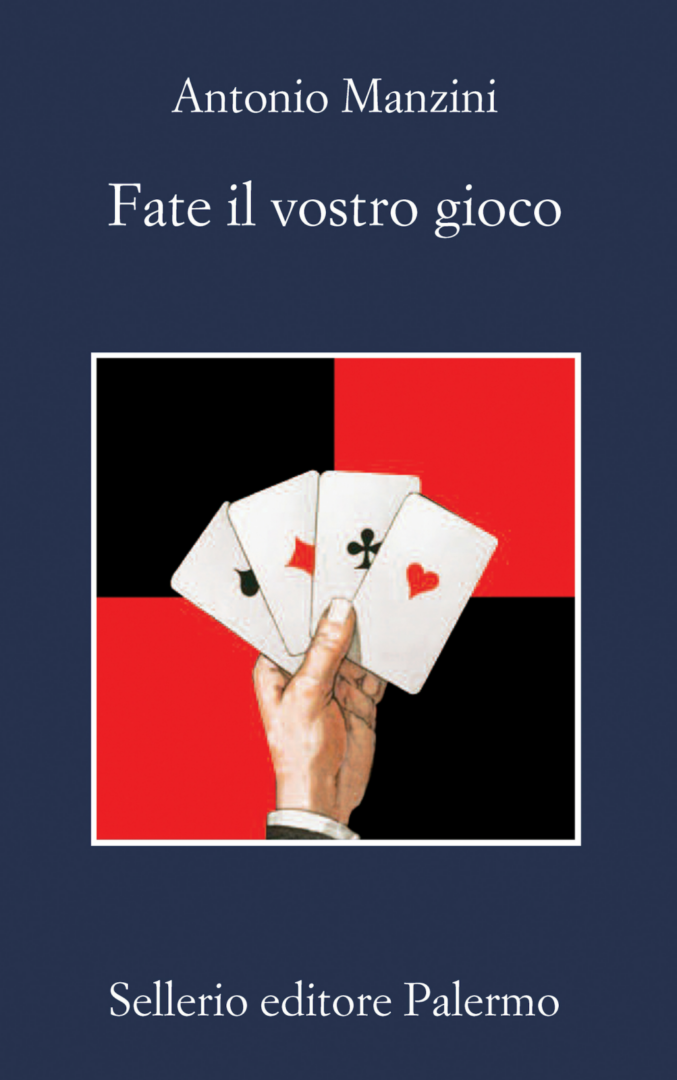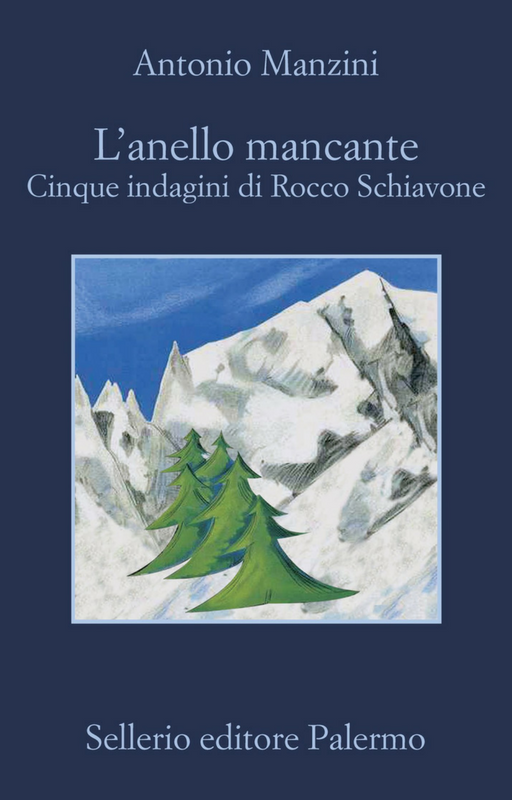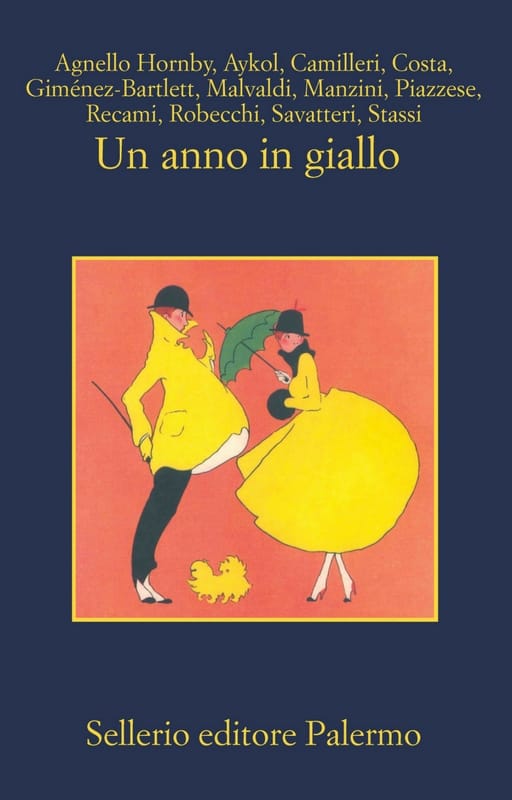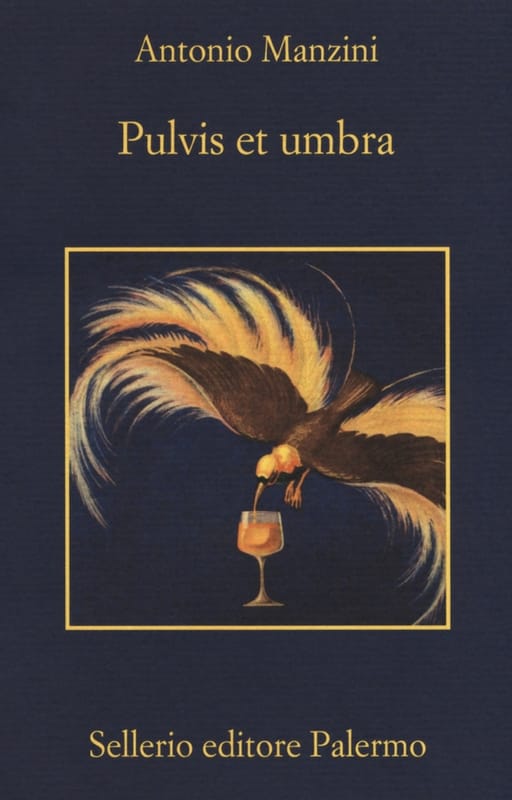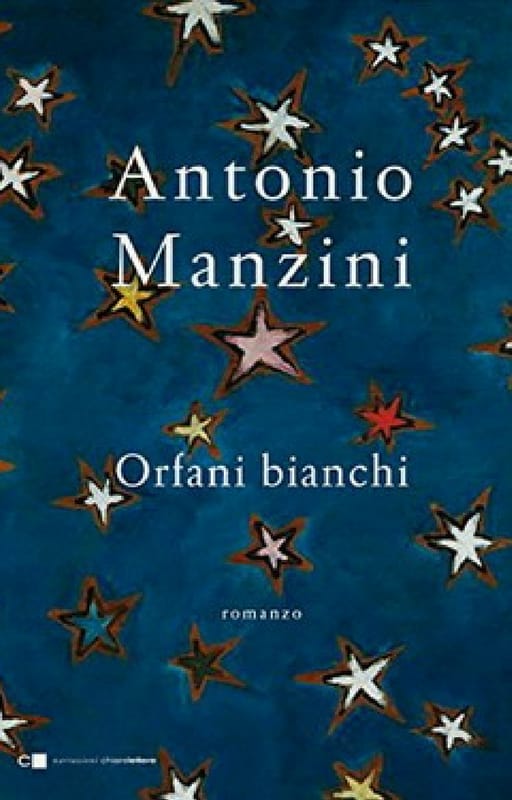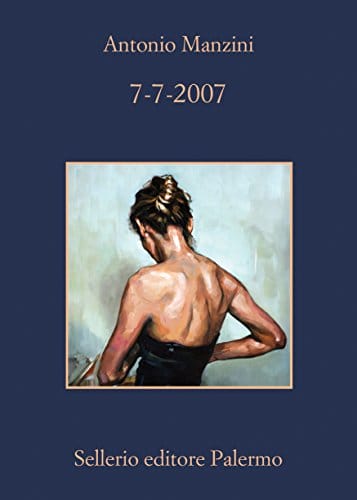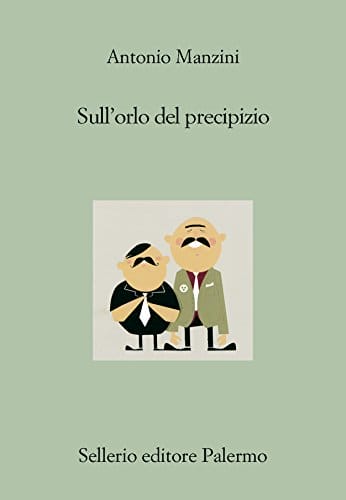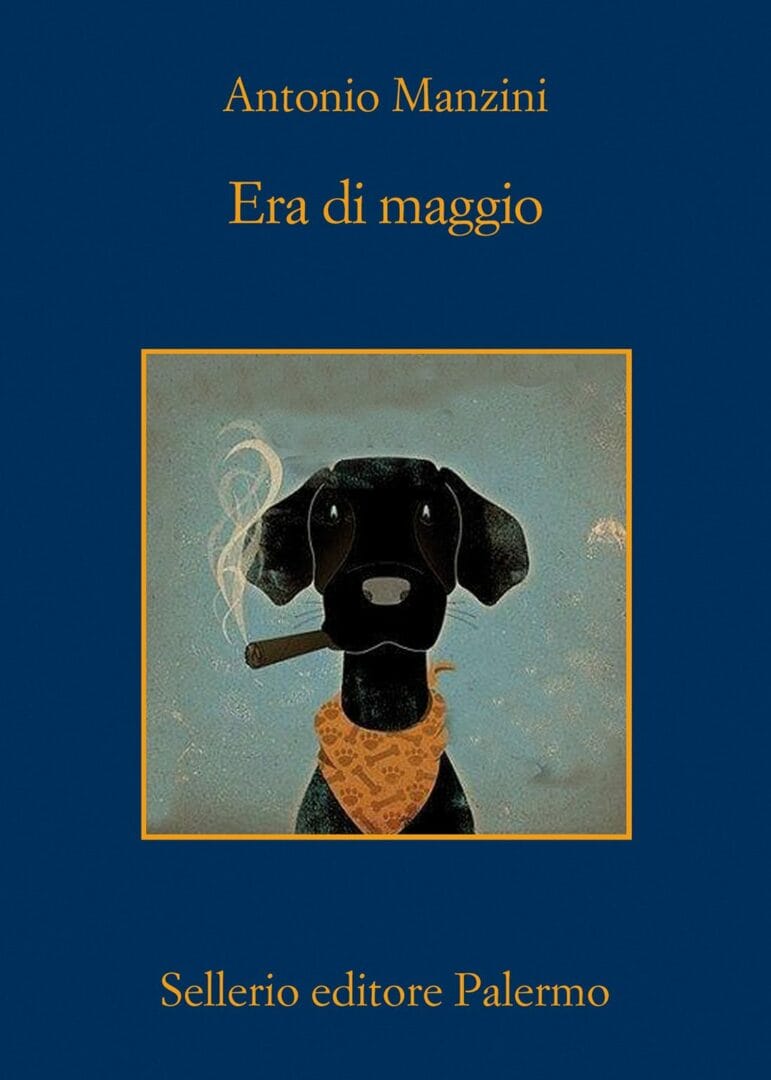Antonio Manzini
Antonio Manzini was born in Rome in 1964.
He is an actor, screenwriter and writer.
He graduated from the Silvio d'Amico National Academy of Dramatic Art in Rome in 1988.
He has written screenplays for Alex Infascelli (Il siero della vanità, 2004) and Gabriele Salvatores (Come Dio comanda, 2008).
He is the television author of Il delitto di Via poma (directed by Roberto Faenza), numerous episodes of Squadra Antimafia and Il XII apostolo.
He was editor and screenwriter of the series Benvenuti a tavola 2 and Buscetta boss dei due mondi. In 2016, he directed his first film Cristian e Palletta contro tutti.
In 2005 he published his first novel: Sangue Marcio (Fazi editore), followed by La giostra dei criceti (Einaudi, 2007, reissued by Sellerio, 2017) and the short stories: Il mio tesoro and Giochiamo, with Niccolò Ammaniti (published in Crimini and in Il momento è delicato, Einaudi).
For Sellerio, he has published the novels in the successful series of Deputy Police Chief Rocco Schiavone: Pista nera (2013), La costola di Adamo (2014), Non è stagione (2014), Era di maggio (2015) and 7-7-2007 (2016), Cinque indagini romane per Rocco Schiavone (2016), Pulvis et umbra (2017), Fate il vostro gioco (2018), Rien ne va plus (2019), Ah l'amore l'amore (2020) Vecchie conoscenze (2021) and Le ossa parlano (2022). From these novels is based the TV series Rocco Schiavone, on air on Rai 2 since November 2016, of which Antonio Manzini is scriptwriter together with Maurizio Careddu.
Also for Sellerio he published Sull'orlo del precipizio (2015), several short stories later collected in the anthology L'anello mancante (2018), Ogni riferimento è puramente casuale (2019), Gli ultimi giorni di quiete (2020), La mala erba (2022), Elp (2023) and Riusciranno i nostri eroi a ritrovare l’amico misteriosamente scomparso in Sud America? (2023).
For Chiarelettere he published Orfani bianchi (2016).
His novels have been translated in several countries.
His latest novel is Tutti i particolari in cronaca (Mondadori, 2024).
